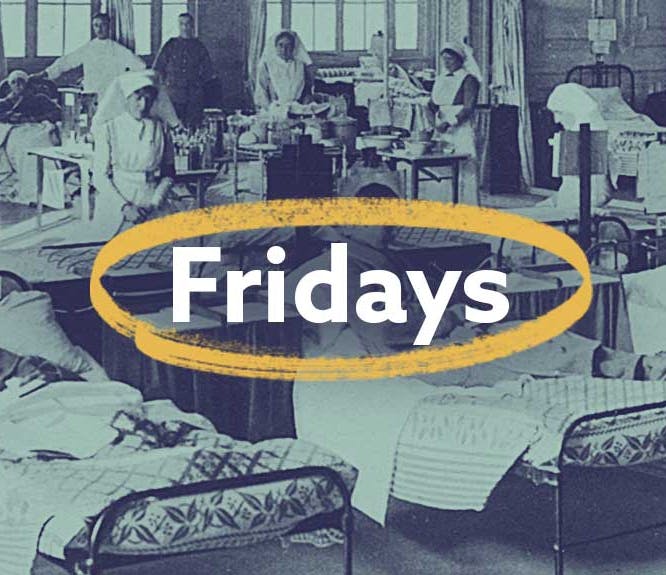Discover everything from parish records to paupers with this release
2-3 minute read
By Jessie Ohara | November 25, 2022
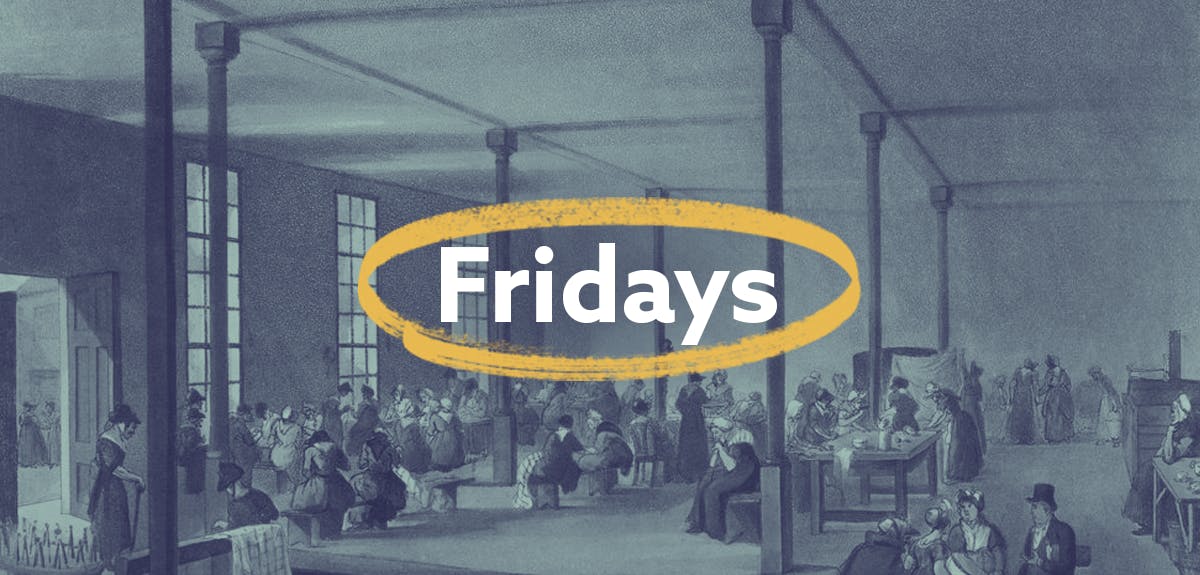
There's over 150,000 new records to explore.
From a census-like workhouse report to new and exclusive parish records, what could you discover this week? Here's a rundown of everything that's new.
Lincolnshire Baptisms
We've added over 144,000 new baptism transcriptions to this collection, bringing the total up to over 2.1 million records.
These new additions span 1754-1862, though you'll find that most of them predate 1812.
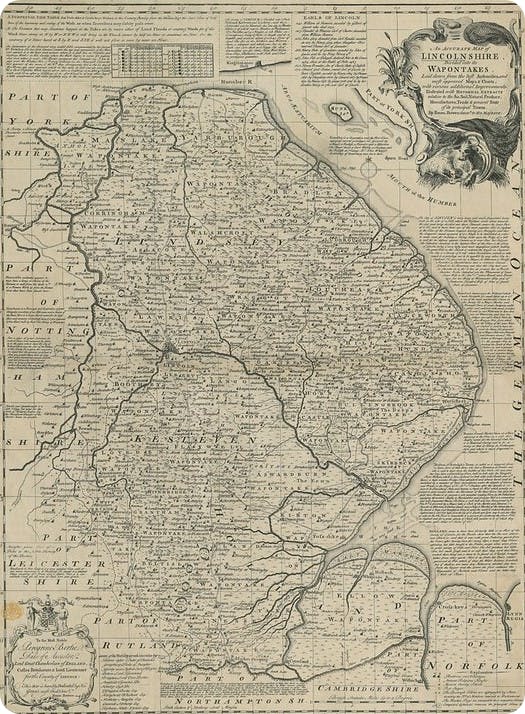
'An Accurate Map of Lincolnshire', from the Topographical Collection of King George III, pub. 1751.
They cover over 100 parishes in Lincolnshire, with Louth, Spalding, Crowland and Winterton having some of the largest additions. You can find a full and updated parish list here.
As well as finding information on the child themselves, you'll also find both parents' names within the majority of these records. This means that not only could you uncover multiple generations to add to your family tree, you may be able to find multiple generations in this collection alone.
England & Wales, Paupers In Workhouses 1860
In 1860, the House of Commons ordered for a report to be taken of each workhouse in England and Wales. This report detailed every long-term resident of the workhouses, and the reasons for their residency. A long-term resident was an adult, above the age of 16, who had been inhabiting a workhouse for five or more years.
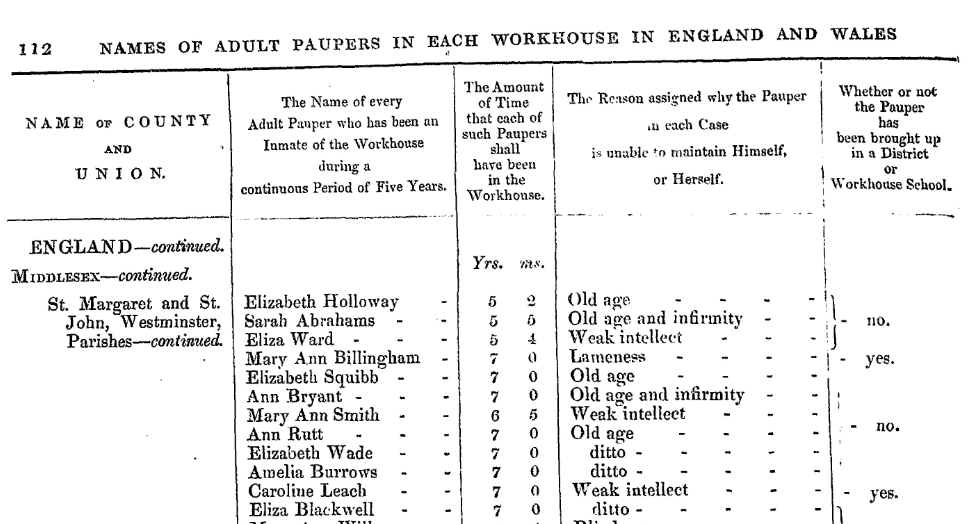
A snippet from this collection. View this record here.
The language in this collection is reflective of the time; reasons such as 'moral defects' - women who had children while unmarried - were given. It does however remain a fascinating, if harrowing, insight into the workhouse life. Many elderly residents had been recorded as being a workhouse inmate for over 20 years.
This report was published in the summer of 1861, with 14,216 people recorded. For context, this was about 21% of the workhouse population across the countries. The population of England and Wales on the whole, as recorded in the 1861 Census, was just over 20 million.
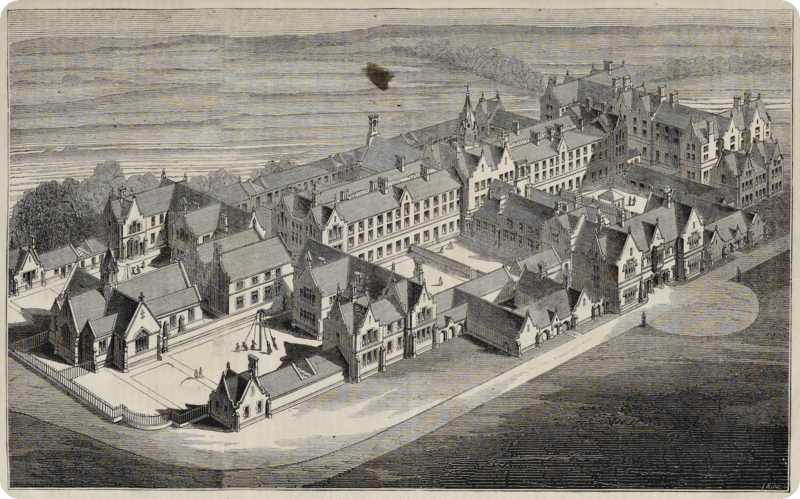
Birmingham New Workhouse, depicted in 1852.
This report, in part, contributed to the improvement of conditions in workhouses. Some were notoriously unsanitary, and scandals often broke the news. Following a damning 1865 report in medical journal The Lancet, the Metropolitan Poor Act was passed, enforcing all workhouses in London to have a separate infirmary. In 1871, the Poor Law Board was replaced with the Local Government Board, who focused particularly on public health and cleanliness.
It can be saddening to find your ancestor in a workhouse, but it also serves as a poignant reminder of how much they survived for us to be researching them today.
Reminisce with recent history
It's time to get nostalgic this week, with two new local titles from the 1960s and 1990s. Beyond that, we've updated 17 of our existing titles in England and Scotland. Read on for everything that's new.
New titles:
- Nottingham Evening News, 1956-1958, 1960-1963
- Weston & Worle News, 1997
Updated titles:
- Aldershot News, 1968
- Bracknell Times, 1989
- Bristol Evening Post, 1965, 1974
- Cambridge Daily News, 1970-1971
- Chester Chronicle, 1821-1822, 1884, 1886, 1888, 1898, 1900, 1964, 1973, 1977-1978, 1980, 1982, 1984
- Esher News and Mail, 1952, 1956-1957, 1965, 1973
- Football Post (Nottingham), 1989
- Galloway News and Kirkcudbrightshire Advertiser, 1994
- Hinckley Times, 1962
- Medway News, 1996
- Newcastle Evening Chronicle, 1922
- Nottingham Evening Post, 1979
- Nottingham Guardian, 1892
- Runcorn Guardian, 1958-1959, 1964-1965, 1971, 1976, 1982
- Scunthorpe Evening Telegraph, 1946-1948, 1953, 1955-1956, 1958, 1960, 1962-1964, 1973, 1976-1979, 1981
- Staffordshire Sentinel, 1868
- Sunday Sun (Newcastle), 1962
Inspired to keep going? We're offering 25% off selected subscriptions until 28 November, 00:00 GMT, with the code '25OFF'. Go on - what could you discover?
Related articles recommended for you
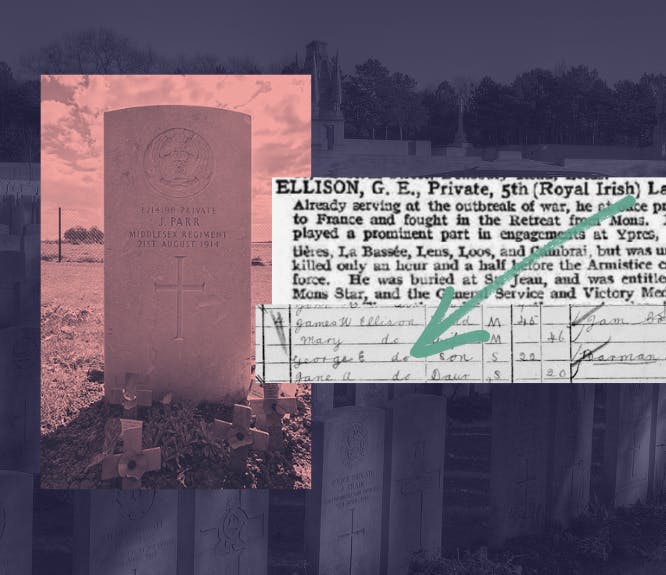
Remember their story: the first and last British soldiers killed in the First World War
History Hub

Discover new parish records from Gloucestershire
What's New?
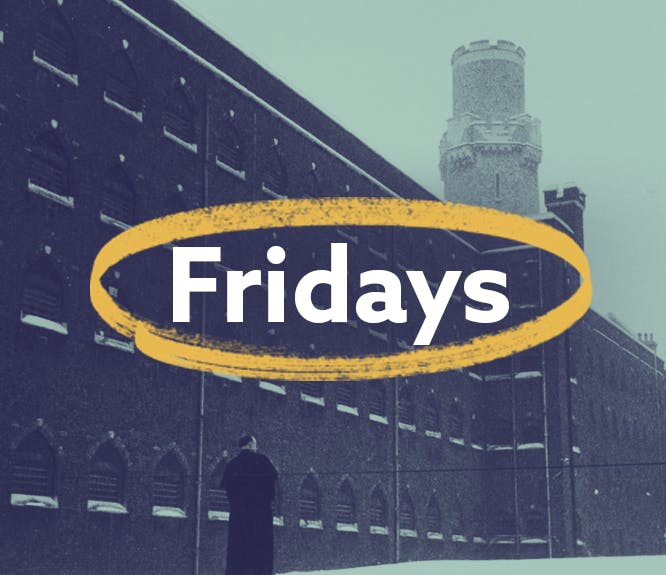
Scour a slew of extensive social history collections with this week's release
What's New?
